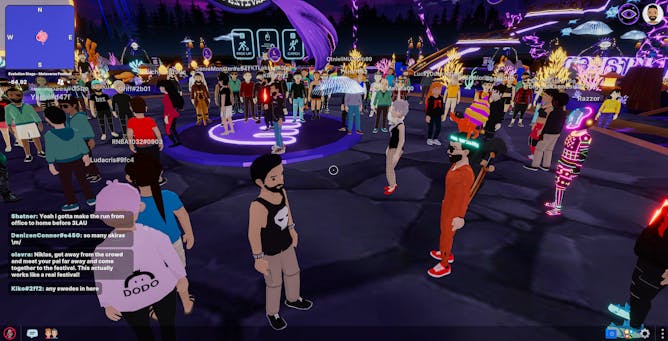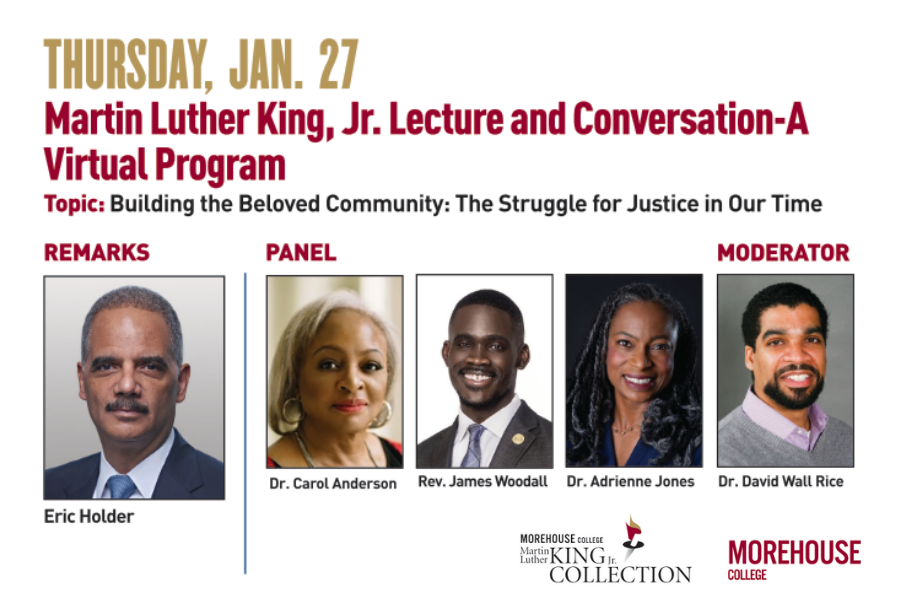|
If someone told you that the metaverse is all about money, you would be forgiven for assuming they meant that it is a grand moneymaking scheme by Big Tech. But they might be offering you a more knowing insight: Without blockchain, the technology underlying digital money like bitcoin, the metaverse couldn’t exist.
In the physical world, it would be ridiculous to require a separate wallet, ID, clothes and other possessions for each town you spent time in. But without blockchain, that’s what you’d need to visit separate virtual environments. The metaverse will be a single network linking these virtual worlds – an immersive VR internet. Blockchain is what will allow your avatar, including the clothes it wears, the wallet it carries and the magic sword it wields, to belong to you, not some company hosting a virtual world. And it’s what will allow you and your avatar to hop between worlds as easily as clicking a link.
Michigan State media scholars Rabindra Ratan and Dar Meshi explain how blockchain works, how it will be the foundation of the metaverse and how it will enable a new economy.
Also today:
|

|
Eric Smalley
Science + Technology Editor
|
|

In the metaverse, your avatar, the clothes it wears and the things it carries belong to you thanks to blockchain.
Duncan Rawlinson - Duncan.co/Flickr
Rabindra Ratan, Michigan State University; Dar Meshi, Michigan State University
For the metaverse to work, people need to own their virtual bodies and possessions and be able to spend money. The same cryptographic technology behind bitcoin will make that possible.
|
Politics + Society
|
-
Timothy Zick, William & Mary Law School
Stewart Rhodes of the Oath Keepers, has been charged with seditious conspiracy over the attempted insurrection. A constitutional law scholar outlines why that may set a bad precedent.
-
Ore Koren, Indiana University
Despite growing public discussion of the risk of civil war in the US, a political violence scholar says widespread civil strife is unlikely to happen – but other political violence is more likely.
|
|
Health + Medicine
|
-
Jennifer Rooke, Morehouse School of Medicine
Sugar gets a bad rap, but exactly which sugar is meant? Nutrient-dense sweet ripe fruits are a far cry from refined table sugar – and their differences can have big health implications.
|
|
Education
|
-
Robert Massa, University of Southern California
A scholar weighs in on a new lawsuit that accuses several elite schools of price fixing and conspiring to lower the amount of financial aid offered to low-income students.
|
|
Environment + Energy
|
-
Melissa L. Caldwell, University of California, Santa Cruz
Fans of the late actress are calling on Americans to donate $5 or more to animal charities on Jan. 17, 2022, which would have been Betty White’s 100th birthday.
-
Kevin Trenberth, University of Auckland
While surface temperatures were about the 6th warmest on record in 2021, the upper oceans were at their hottest – and they’re a stronger indicator of global warming. A top climate scientist explains.
-
Evan Fricke, Rice University; Alejandro Ordonez, Aarhus University; Haldre Rogers, Iowa State University; Jens-Christian Svenning, Aarhus University
Forests around the world will need to shift their ranges to adapt to climate change. But many trees and plants rely on animals to spread their seeds widely, and those partners are declining.
|
|
Arts + Culture
|
-
Jessica Troilo, West Virginia University
A contrast to the bumbling and immature fathers commonly found on sitcoms, Bob Saget’s character on ‘Full House’ reflected a shift in expectations of fatherhood that began in the late 1970s.
|
|
Podcast 🎙️
|
-
Gemma Ware, The Conversation; Daniel Merino, The Conversation
Plus, a philosopher explains the history of the idea that we might all be living in a simulation. Listen to The Conversation Weekly podcast.
|
|
From our international editions
|
|
|
|
The Conversation Quiz 🧠
The brain requires what percent of the human body's energy needs to perform all of its functions?
- 2%
- 20%
- 40%
- 60%
Click here for the answer.
Like this newsletter? You might be interested in our weekly emails:
|
| |
| |
| |
| |

|
| |
| |
| |
| |
| |
| |
|
|